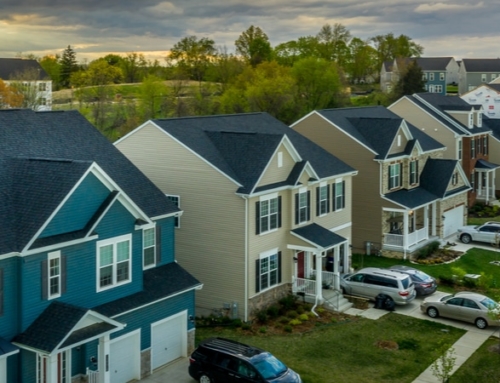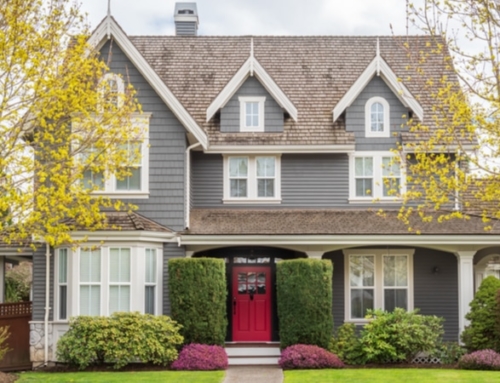How much is your house worth anyway?
Is it the amount the bank’s appraiser says it’s worth? Or, is it the amount on which the tax assessor bases your every-rising real estate property taxes? Or, is it the amount that someone is willing to pay for your home?
Over the past five years, housing price valuations have skyrocketed. Homes purchased in some neighborhoods in 1995 for $200,000 may be selling for $600,000 or even more today.
Six years ago, homes in New York City were selling for approximately $800 per square foot, which seemed outrageously high compared to the rest of the country. Today, prices there exceed $2,000 per square foot (that’s $4 million for a 2,000 square foot home) in the most exclusive neighborhoods. One piece of raw land purchased for $1.5 million three years ago recently sold for $3.6 million.
If that seems seriously out of whack to you, consider the price of condos in the toniest Chicago neighborhoods: Over $800 per square foot, or $1.6 million for that same 2,000 square foot property. Six years ago, the price was half what it is today.
Clearly, people with money are paying more for homes at the top and bottom of the market all over the country. The median sales price of homes in the U.S. has risen to a record $152,600, and the average price of new construction is nearly $200,000, according to figures from the National Association of Realtors and the National Association of Home Builders. In some major metropolitan markets, home prices have risen more than 10 percent per year during the past three years.
Supply and demand at work, right? Perhaps. With interest rates hovering around 7 percent, families are able to afford a house that is approximately 3 times their gross annual income. Of course, this formula assumes there is no other debt and there is some cash for a down payment.
These days, a $150,000 house is in reach for a working family earning $50,000 per year, split with one spouse earning $30,000 and the other spouse earning $20,000. If interest rates were 8 percent, 400,000 fewer families would be able to afford to buy a home.
More buying and selling means more appraisals for home loans. Indeed, between making home loans and refinancing existing home loans, the Mortgage Bankers Association of America (MBA) expects to do $1.5 trillion in home loans, by far its best year ever.
This system of buying, selling, and financing, and the accompanying home price appreciation, works as long as the demand for homes is there. Or as long as everyone thinks the demand is there. Or as long as everyone believes that home values, like the stock market, can continue to increase 10 to 20 percent per year — forever.
But wait. Over the past 18 months, the stock market fell more than 20 percent, into bear market territory. (And “bear market” doesn’t begin to describe the more than 60 percent drop in the NASDAQ.)
Are we headed for another “bubble,” this time in the residential real estate market? Is this 1988 all over again?
What if, as a recent Wall Street Journal story suggested, lenders and brokers have been putting pressure on appraisers to edge up the appraised value of property? What if home values are not quite what they seem? What if people start losing their jobs (as several hundred thousand already have in the past 18 months) and can no longer afford to pay their mortgages? And what happens when they go to sell, other people on the block are selling, too and no one can quite get the price they paid for their homes two, three or four years ago?
It’s easy to see the various scenarios when it comes to home values. Either home values will stall, and stay where they are over the next four or five years. Or, they might drop, faster and farther in some location than others.
Or, the economy might rebound sooner rather than later, thanks to Alan Greenspan’s steady and continued drops in the federal funds interest rate. The stock market will improve. Consumer confidence will rise and people will start out-bidding each other for properties, as though no more will ever be built.
Real estate agents and mortgage lenders are eternal optimists. For them, today will always be the best day to buy a home. It’s what the rest of American thinks that changes.
The only thing one can say for sure is this: In many markets, the value that the tax assessor assigns to your home almost never has any relationship to the market price for your home, or what you might be able to sell your home for on any particular day.






Leave A Comment